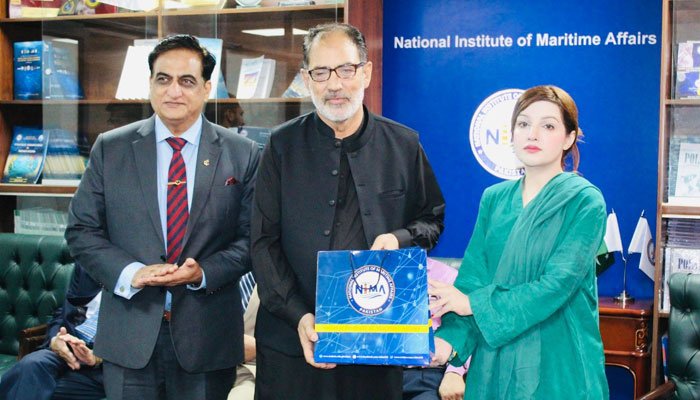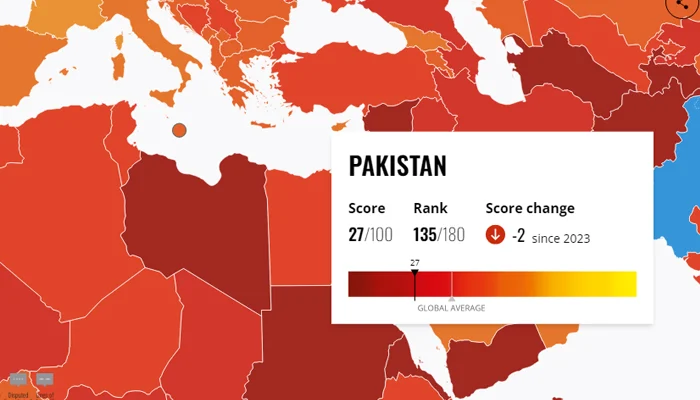Indian Forces’ Tyranny and Human Rights Violations in IIOJK Surge Post-Article 370 Revocation: Mushaal Hussain Mullick Calls for International Action
ISLAMABAD: Former Special Assistant to the Prime Minister on Human Rights and Women Empowerment, Mushaal Hussain Mullick, has highlighted a dramatic escalation in human rights abuses in Indian Illegally Occupied Jammu and Kashmir (IIOJK) following the Indian government’s revocation of Articles 370 and 35A.
Speaking at a seminar titled “Kashmir Dispute – Latest Imperatives and Way Forward,” organized by the National Institute of Maritime Affairs (NIMA), Mushaal, the wife of incarcerated senior Hurriyat leader Yasin Malik, urged the international community to take a more proactive role in addressing the crisis.
The seminar, held on [insert date], drew attention to the intensified suffering of the Kashmiri people since the Indian government abrogated the region’s special autonomous status on August 5, 2019. Mushaal condemned the Indian authorities’ measures that she claims have exacerbated the suffering of the region’s inhabitants. The abrogation, which removed Jammu and Kashmir’s special status and altered its constitutional framework, has been criticized for deepening the humanitarian crisis in the region.

Mushaal described how the revocation has led to a series of severe human rights violations, including increased military presence, prolonged communication blackouts, and widespread arrests of political leaders. She emphasized that these actions have further alienated the Kashmiri population and intensified the ongoing unrest.
“Kashmir has long been a flashpoint between India and Pakistan, shaped by intricate historical, political, and cultural factors,” Mushaal stated. “The unilateral revocation of Articles 370 and 35A has not only jeopardized the region’s autonomy but has also triggered a significant humanitarian crisis.”
The former SAPM also highlighted concerns raised by international bodies regarding the situation. The United Nations and various human rights organizations have documented extensive abuses and the excessive use of force by Indian security personnel.

Mushaal pointed to the issuance of domicile certificates to non-Kashmiris as a measure perceived to alter the region’s demographic composition, further aggravating fears about the erosion of Kashmir’s unique identity and culture.
More From FactFile: Mushaal urges global action on human rights violations in IIOJK
In her speech, Mushaal stressed the urgent need for a renewed diplomatic effort and inclusive dialogue among all stakeholders. She called upon the international community to play a more proactive role in facilitating a resolution that respects the rights and aspirations of the Kashmiri people. “The international community must not turn a blind eye to the plight of Kashmiris. It is imperative that we address their grievances and work towards a future marked by justice and peace,” she said.
The seminar featured prominent speakers including President NIMA Vice Admiral (Retd) Ahmed Saeed HI (M), Executive Director of the Centre for International Strategic Studies Dr. Asma Shakir Khawaja, Chairman of the Kashmir Institute of International Relations Altaf Hussein Wani, Ambassador Nadeem Riaz, Advocate Taimur Malik, Ahmer Bilal Soofi, among others. The event served as a platform for discussing the latest developments in the Kashmir dispute and exploring potential pathways towards a peaceful resolution.
The discourse at the seminar underscored the need for continued international attention and intervention to address the evolving situation in Kashmir and ensure the protection of human rights in the region.





